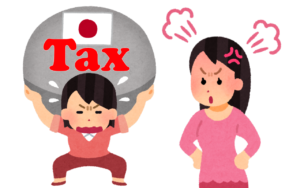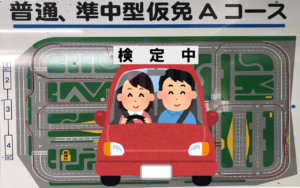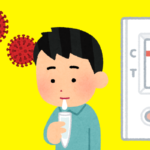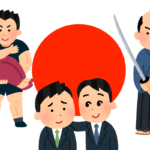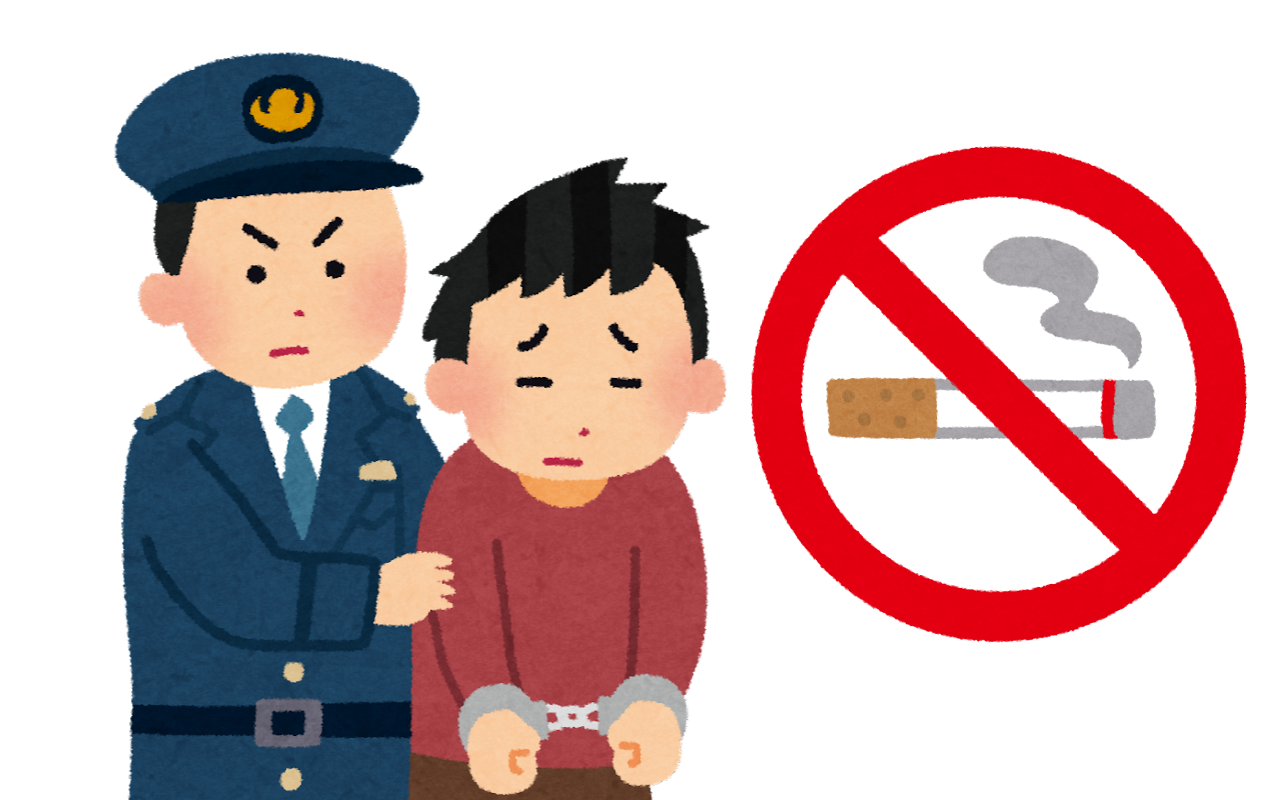
A campaign to enforce the city's anti-smoking ordinance was held in Lapu-Lapu City, where Cebu Airport is located, from September 17 to 23, and 708 people were arrested by the city police during this period.
In Japan, smoking zones have been established around railroad stations and in downtown areas, but there are few places where there are penalties.
As one would expect, one does not see people smoking while walking in the daytime, but when walking in the morning, one can see many cigarette butts left by people who smoked on the sidewalks at night.
In the Philippines, smoking is prohibited in public places and shopping malls, and one rarely sees people smoking on the streets. As in this case, they may be fined for smoking even if they are not arrested. I do not know under what circumstances the people who were arrested this time were caught, but not only Filipinos but also foreigners can be fined if they smoke in places where smoking is not permitted.
When I was young, half of all adult males were smokers. That is why there were many people smoking cigarettes in their mouths even on the streets. Ashtrays on desks were common at work, and ashtrays were provided on seats in trains and airplanes.
However, since then, the harms of smoking have been propagated, and smoking has been banned, leaving smokers in the dark.
The smoking rate among Japanese men is one in four, and the combined smoking rate among men and women is 16.7%, a sharp decline. The global smoking rate is 19.6%.
I quit smoking when I was in my 20s, so I have never been caught in the Philippines.
By the way, the fine paid by the person arrested in Lapu-Lapu City was 500 pesos.
